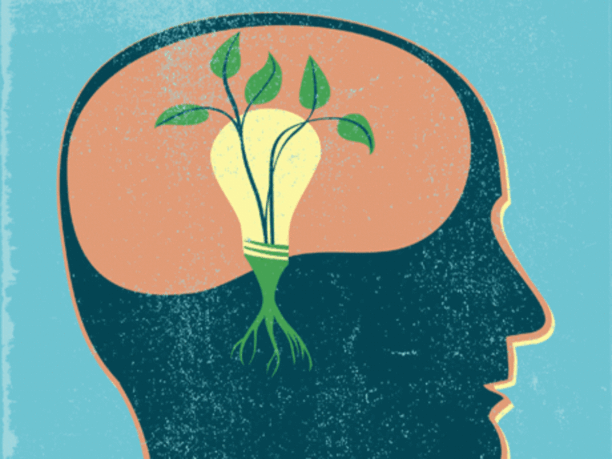Mastering the Art of Thought

In a world where deep thinking seems to be a rare commodity, the pursuit of sharpening one’s thinking skills is a worthy endeavor. Only a small percentage truly engage in thoughtful reflection, while the majority shy away from the mental effort it requires. As we understand the value that effective thinking brings to the table, the aspiration to belong to the thoughtful minority becomes all the more appealing.
For those looking to cultivate and enhance their thinking prowess, here are five techniques that can serve as a blueprint:
1. Strategic Decision-Making
Designated Thinking Time and Space: Providing leaders with dedicated time and a conducive space for thoughtful reflection allows them to make more strategic decisions. This practice can lead to better-informed choices and long-term planning.
Personalized Thinking Process: Understanding and applying a personalized thinking process can assist leaders in approaching challenges with a clear and focused mindset. Tailoring this process to individual preferences ensures a more efficient decision-making mechanism.
2. Innovation and Problem-Solving
Capture Your Ideas: Encouraging leaders to document their ideas promptly ensures that innovative thoughts are not lost. This can foster a culture of creativity and continuous improvement within the organization.
Putting Thoughts into Action: Swiftly implementing great ideas prevents stagnation and promotes a culture of proactive problem-solving. This agility can be a significant asset in adapting to market changes and staying ahead of the competition.
3. Operational Efficiency
Continuous Improvement: The commitment to daily improvement in thinking skills translates to enhanced operational efficiency. Leaders who focus on refining their thought processes are more likely to identify and address operational bottlenecks.
Positive Focus: By training leaders to focus on the positive aspects of challenges, they can approach daily operations with a solutions-oriented mindset. This positive outlook can improve team morale and foster a culture of resilience.
4. Leadership and Team Dynamics
Spend Time with Good Thinkers: Leaders who spend time with other effective thinkers, whether through mentorship or collaboration, can cultivate a more robust leadership style. Exposure to diverse perspectives enhances decision-making and team dynamics.
Gathering Good Input: Actively seeking out and considering wise counsel contributes to a leader’s ability to make informed decisions. This approach ensures that decisions are well-rounded and based on a comprehensive understanding of the situation.
5. Adaptability and Future Planning
Continuous Improvement: Leaders who commit to daily improvement in thinking skills are better equipped to adapt to a variety of situations. This adaptability is essential for anticipating future challenges and planning accordingly.
Putting Thoughts into Action Quickly: The practice of swift action ensures that leaders can respond promptly to market changes and emerging opportunities. This proactive approach aids in staying ahead in a dynamic business environment.
Honing thinking skills equips business leaders with the tools needed to navigate the complexities of daily operations. Cultivating smart techniques such as fostering strategic decision-making, encouraging innovation, promoting operational efficiency, enhancing leadership dynamics, and fostering adaptability all contribute to the overall success and resilience of a business.
















